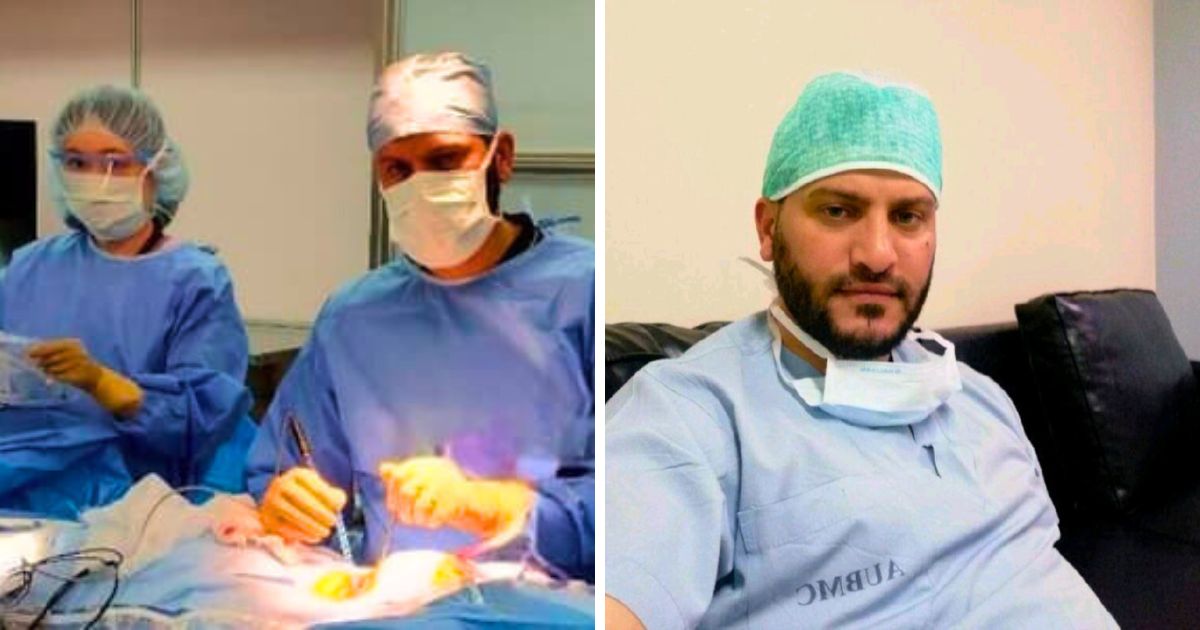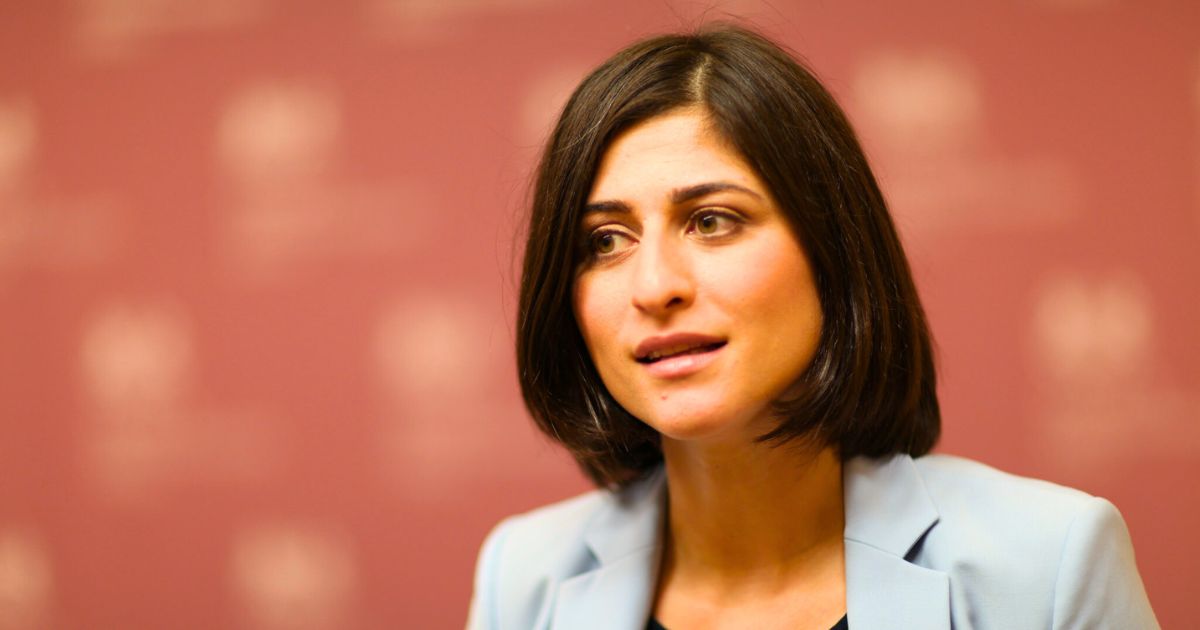The 17 October Lebanese revolution has had several remarkable people taking the spotlight for their heroic actions and becoming symbols of that revolution.
The brave woman who famously delivered a sidekick to the armed bodyguard of a politician, the activists who were arrested for being extra vocal at the frontlines of the protests, and many other warriors are examples of revolutionary heroes doing their best on the streets of struggle.
But one daring personality, in particular, has arrested the attention of every follower of the current events; a journalist who has been a profound aid for the revolution since its early days, and certainly an empowering and influential one.
With his boldness, lightning-fast wit and confident character, Riad Kobaissi has become a name that strikes fear in the hearts of the corrupt, and admiration in those of his fans and followers of his brave career.
So what’s the story behind this bespectacled Sherlock Holmes? Why is he so beloved by the revolutionaries and so feared by many politicians and authority figures?
Born in Beirut on February 7, 1981, Riad Kobaissi has been a resident of the capital since his childhood. He studied at Beirut Community School for 6 years, graduating in 1999.
He then went on to study at the Lebanese American University, from which he graduated with a degree in journalism in 2003. He also graduated from the same university with a Master’s degree in International Affairs in 2012.
During his early education at LAU, he began working as a freelance writer for the Lebanese newspaper As-Safir in the year 2001 where he shed light on various topics related to social and political issues in the supplement “ملحق شباب السفير” (The Youth of As-Safir Supplement).
He continued to work for the paper until 2006, assuming an editor position for the international page from January 2005 until July 2006.
Later in 2006 is when his decorated career as an investigative journalist would be initiated. In May that year, he began working as a news reporter and documentary producer for the Lebanese TV news channel Al-Jadeed.
He still works at Al-Jadeed as head of the investigative inquiry unit and has received the recognition he deserves from the public for his remarkable achievements in investigative journalism.
“Sarcastic. arrogant. transparent, sometimes funny, sometimes not” is how Kobaissi describes himself on his Facebook timeline. He is active on Twitter and Facebook, where he is followed by 57,500, and 75,000 people respectively.
One of Kobaissi’s more recent popular appearances is his first one during the events of the 17 October revolution.
“I am the one who knocks,” daringly proclaimed Kobaissi live on Tuesday night, November 5, on Al-Jadeed TV, referencing the famous words uttered by Walter White of the hit TV series “Breaking Bad.” That was addressed to the Director-General of Lebanese Port Customs, Badri Daher, for the exposure of whom Kobaissi had dedicated that episode.
Eager to uncover his knowledge to the public, Kobaissi spoke of the corruption nested in the field of the Lebanese Customs at the Port of Beirut as he unloaded his evidence live on TV to back his challenging tone. His appearance on TV that night came in response to Director-General Daher filing a lawsuit against him earlier during the day.
Weirdly enough, the lawsuit was related to Kobaissi publishing a month earlier the results of his investigation of the corruption of Beirut Port Customs to the public via Al-Jadeed TV. Why did Daher wait one month to file his claim?
This was not Riad’s first clash with the Port Customs. His history with the directorate goes back to the year 2013 when he was working on his first case regarding the corruption of the institution and its Director-General at the time, Shafiq Merhi.
Back then, Riad prepared and presented, alongside his coworker reporter Rami Al-Amin, the Al-Jadeed program “تحت طائلة المسؤولية” ( which translates into to be held responsible/culpable).
The program involves the team investigating corruption and various social phenomena that prevail in Lebanon particularly and then confronting the corrupt figures live on TV with visual and sensory evidence to hold them responsible.
Kobaissi usually compiles his investigations in documentary-style videos, in which he narrates the stories, events, and outcomes that took place during his legal pursuits.
Back then, he published the gathered evidence, exposed the corruption, and contacted Director-General Merhi several times to give him his right of reply in the form of an interview. Merhi never cooperated.
After the tiresome negotiations failed to get Merhi to talk to Kobaissi, the latter then decided with the team of his TV program to stand at the base of the Port Customs headquarters in Beirut with a megaphone.
He called out Merhi publicly and directly, saying he had a permit from the Minister of Finance to meet with him.
A group of Customs officers came out of the building and proceeded to assault Riad and his 3 fellow crew members, including the cameramen who filmed the assault and published the video later on. Riad and his team were all arrested after taking a beating.
They were then released later after activists, students, and reporters protested in front of the Port Customs headquarters in opposition to the harsh treatment that the crew had received.
The Director-General then issued an apology and claimed that he had not given the order to attack the TV crew.
In addition to his successful work on his TV program, Riad Kobaissi has been very active during the Lebanese revolution.
He has been focusing on exposing corruption in various fields in Lebanon, including telecommunications, charity organizations linked to politicians’ wives, jurisdiction, as well as major political figures.
He has also been active on the ground, often joining protesters in the streets.
In his latest TV appearance on Al-Jadeed, which took place Friday, November 15, Riad revealed and discussed evidence related to the alleged corruption of businessman and former minister Mohammad Al-Safadi.
This decision was made following the spreading news that Al-Safadi is nominated to be the Prime Minister of the next cabinet.
Riad Kobaissi is an admirable man who is a prime example of journalism at its best. He is also a very important asset to this revolution and a leader in the battle against corruption and in the process of rebuilding a government free from greed and theft.

















